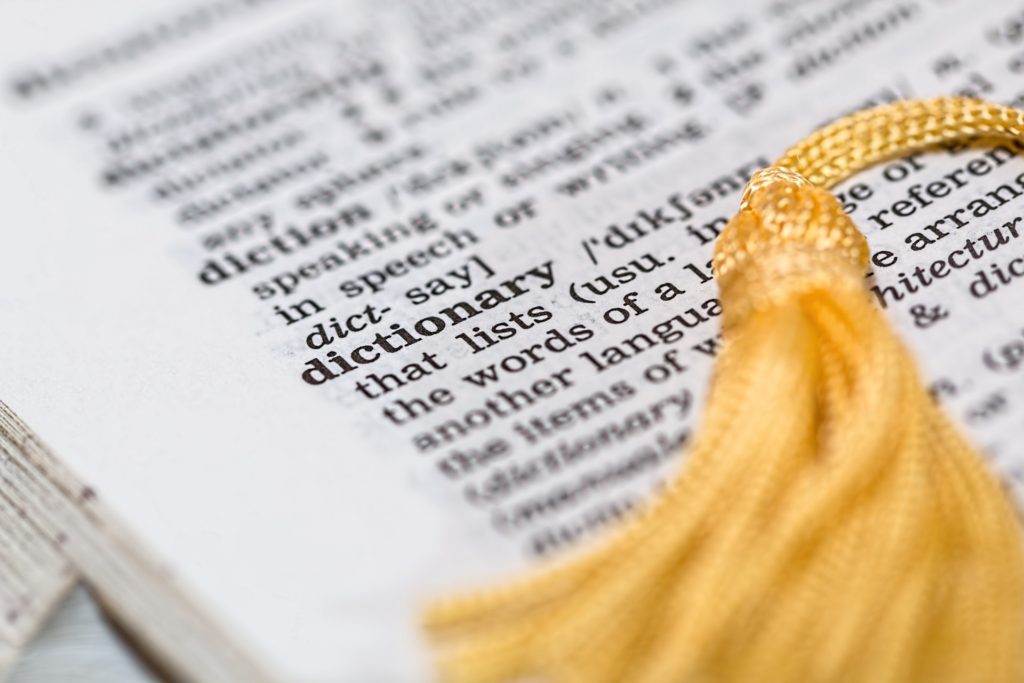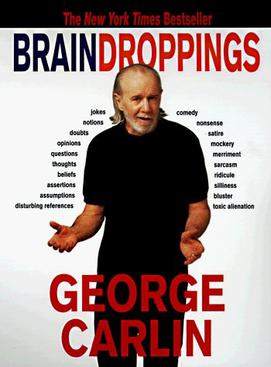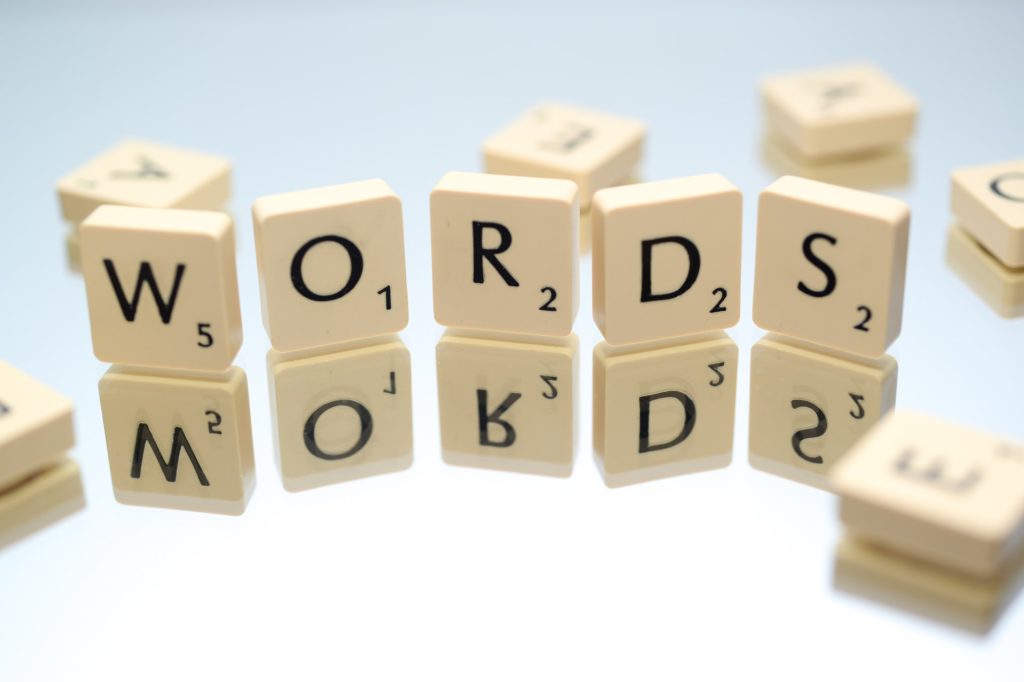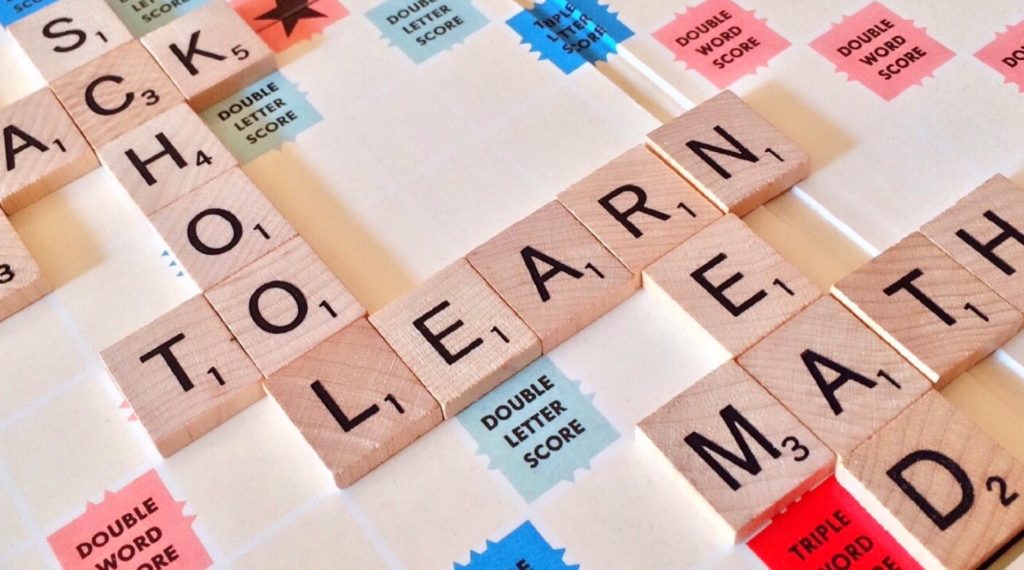Me: “Hello! Yes, can’t hear you. The connection is shoddy. Could you speak in English and a bit louder, please?“
Voice at the other end: “(Inaudible) … Emma John…“
Me: “What now?“
Voice at the other end: “(Inaudible)… from Emma John… (inaudible)“
Me: “Emma John?“
Voice at the other end: “Yes, Emma John. Your package from Emma John is here.“
Me: “Emma John?” … scratching my head and wondering, “Who the heck is Emma John?” Then a light bulb goes off.
Me: “Oh, Amazon!” I exclaimed. “Hold on, I’ll be right there.“
“Emma John” was not the first time I was floored by the delivery guys and their pronunciation and accent.
Another day, another time, another guy called up and said he is from Philip Cart. It took me a while to realize that he meant Flipkart.
Have you heard about Schnaapp Dill? Yup, that’s Snapdeal.
This brings me to the purpose of this blog post. No, it is not to make fun of the myriad accents and pronunciations of the delivery guys. They are hard working people, whom the rich overlords exploit. That statement alone merits a blog post, which I’ll table for another day.
Actually, this post is about the English language and the mistakes we all make.

Image from Pexels
Noodles/Nodal
A while ago, I had written a blog post titled: The talking heads on the Indian news television channels and the art of destroying the English language.
Even today, those talking heads are doing a wonderful job of destroying the English language. ’twas just the other day that one of the talking heads kept on saying ‘noodles officer,’ when she actually meant to say or rather read ‘nodal officer.’ Go figure!
Those talking heads can’t even read from the screen. However, they host shows that influence the thinking of millions of people, I mean sheeple.
Furthermore, those talking heads are also quiet persistent in saying ‘awaiting for’, when they fail to realize that ‘to await‘ means to ‘to wait for‘, thereby making ‘for‘ in ‘awaiting for‘ redundant. But don’t tell this to those bloviating talking heads on Indian television, lest you want to be labelled as an anti-national.
English language: a life long learning process

Image from Pexels
So, let me clear something first. My spoken and written English is not that great. I am not a grammarian or a grammar Nazi. I don’t even know all the rules of English grammar. However, what I do is try to speak and write correct English.
The operative word here is ‘try’. Do I make mistakes? Of course, I do. However, when I am corrected or I find out myself that I have made a mistake, I do not make the same mistake again.
Basically, I learn from my mistakes, correct them, and most importantly not repeat them. That should be the rule for most human endeavors—learn from your mistakes and not repeat them. It is a life long process.
However, this age old truth, it seems, is lost on the talking heads of Indian television. They seem to not care about the mistakes they make. They actually seem to be proud of ’em. Hence, they keep on repeating them.
Brain Droppings
In my quest to keep myself engaged and my mind occupied in this COVID-19 pandemic lock down, I was recently reading a book titled Brain Droppings by the late American comic George Carlin. That book, by the way, was a New York Times best seller.

Image from Wikipedia
The book is a great read. It is full of anecdotes and random thoughts. However, be aware that the late George Carlin is not for everyone. He is crass, vulgar, and in your face. His caustic and funny observations and remarks will hit you on the face. Some of his thoughts hit below the belt, too. He uses F-bombs to punctuate his sentences. If you cannot handle strong, acerbic, sardonic or stinging language, then, keep away from that book, in particular, and George Carlin, in general.
Anyway, in the book, in one of the passages, Carlin laments that, “I am tired of television announcers, hosts, newscasters, and commentators, nibbling away at the English language, making obvious and ignorant mistakes.”
Man, I couldn’t agree more with that statement!
Further along in that particular passage in the book, Carlin goes on to list a plethora of words and phrases that are often used incorrectly.
He mentions that:
- The English word ‘forte‘ is pronounced ‘fort‘ and not ‘for-tay‘. ‘Forte‘ means ‘specialty‘ or ‘strong point‘. Actually, it is the Italian word ‘forte‘ that is pronounced ‘for-tay‘. This particular word is used in music notation and is an instruction to the musician to play loud.
- ‘Irony‘ and ‘coincidence‘ are not one and the same. ‘Irony‘ signifies the opposite and ‘coincidence‘ deals with concurrence.
- The meaning of ‘prodigal‘ is “recklessly wasteful or extravagant” and not “wandering, given to running away or leaving and returning.“
- The phrase ‘sour grapes‘ is not about jealousy, envy or a sore loser. It is actually the acceptance of “failure to attain a desired end.“
- ‘Celibate‘ means unmarried and has got nothing to do about not having sex. ‘Chastity‘ or ‘sexual abstinence‘ is the practice of abstaining from sex.
- People use ‘momentarily‘ and ‘presently‘ incorrectly. ‘Momentarily‘ doesn’t not mean ‘in a moment‘, but ‘for a moment‘. The word ‘presently‘ means ‘in a moment‘.
- The word ‘other‘ in ‘no other option‘ or ‘no other alternative‘ is unnecessary. Simply saying ‘no option‘ or ‘no alternative‘ is good enough, as both the words suggest otherness.
- ‘Criteria‘ and ‘criterion‘ should not be used interchangeably. The former is the plural form and the latter singular.
- A ‘light-year‘ measures distance not time.
- An acronym is pronounced as words. NASA is an acronym, FBI isn’t.
- ‘An eye for an eye‘ implies fairness and not a call for revenge.
- Finally, the word ‘unique‘ means ‘only one of its kind‘. Hence, using a modifier to say ‘very unique‘, ‘fairly unique‘, or ‘really unique‘ is incorrect.
So, there, how many of the above words/phrases were/are you using incorrectly? In my case, it was forte and momentarily. I have since corrected my usage.

Image from Pexels
Now, after reading the book, I started wondering how many other English words are we mispronouncing or using incorrectly our whole life.
In India, at least, many people use the following words incorrectly, regularly.
Homey vs Homely
I have heard people here say “…a homely restaurant“, when they should say “…a homey restaurant” instead.
Homey means comfortably; cozy; homelike; warm and friendly: a homey cottage
Homely means plain; unattractive; lacking refinement
Saloon vs Salon
I have heard people here say “I need a haircut badly. Unfortunately, all the saloons are closed due to the Corona virus lock down.” The right word to use here is salon.
Saloon is a place where people go for alcoholic drinks; a tavern; a large room or hall for receptions, public entertainment, or exhibitions.
Salon means, among other things, a commercial establishment offering a product or service related to fashion: a beauty salon
Resume vs Resumé
You don’t submit your resume but your resumé. Do note the diacritical mark or an accent in the latter.
Resume, pronounced ‘ri-zoom′, means to begin or take up again after interruption; to assume, take, or occupy again; to take on or take back again.
Resumé, pronounced ‘re-zoo-may‘, means a brief account of one’s professional or work experience and qualifications, often submitted with an employment application.
Fooding and lodging
In some parts of India, the sign outside many low-end hotels reads, ‘Fooding and Lodging‘. I find it funny, as there is no word as ‘fooding‘ in the English language. Maybe, just saying ‘Hotel‘ should suffice, no?
GIF
You say ‘jif‘ and not ‘geef‘. Period. It is a ‘jif file‘ and not a ‘geef file‘. The inventor of GIF format has settled that debate once and for all.
Arctic and Antarctic
It is the “Arctic circle“, not the “Artic circle“. Same goes for the Antarctic. It isn’t Antartic. Don’t forget the first ‘C’.
Cache
You pronounce ‘cache‘ as ‘cash‘ and not ‘cash-ay‘.
Celtic
You pronounce the word as ‘kell-tick‘ and not ‘sell-tick‘
Gyro
It is ‘Yee-roh‘ and not ‘Jai-roh‘ or ‘Gee-roh‘
Meme
It is simply ‘meem‘ and not ‘me-me‘
Suite
You say ‘sweet‘ and not ‘sue-tee‘

Image from Pexels
In case you are wondering how many other words are people pronouncing incorrectly, you may read about them here: 24 Words You Might Not Know You’ve Been Saying Incorrectly
Finally, I would like to leave you with an invaluable online resource called Dumbtionary, a dictionary of misspelled/misspelt English words. You can use this resource to find misspellings of a particular word, if they exist in the online dictionary. Try it out, it is fun!
In addition, please forward the link to any and all television announcers, hosts, newscasters, and commentators you may know or may come to know. It may help them to improve their spoken and written English. Well, I hope it does.
